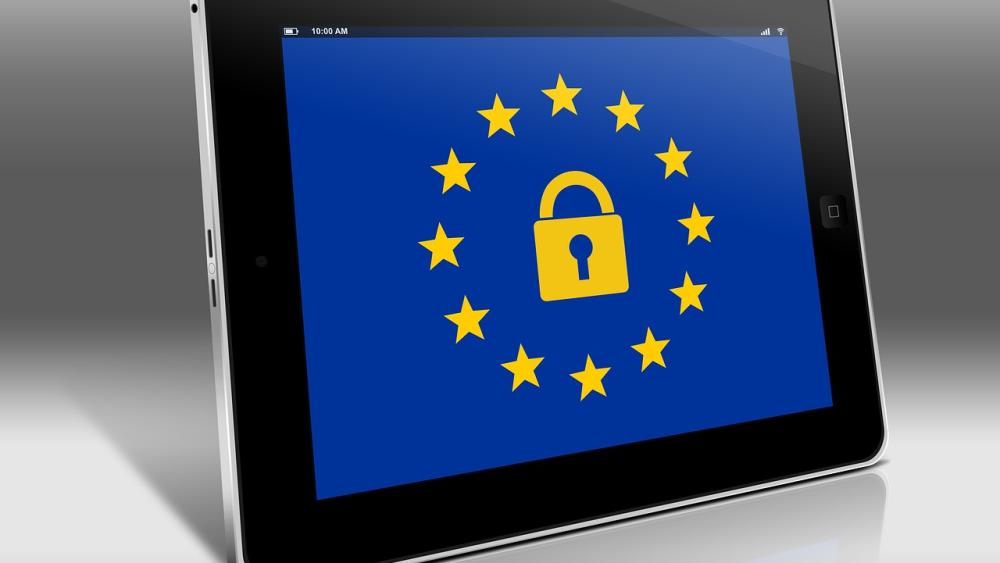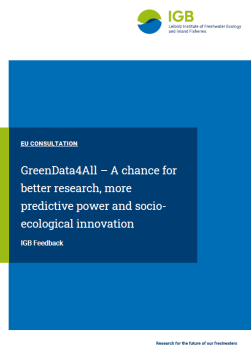
Picture: Pete Linforth on Pixabay
In their feedback, the IGB researchers underline that freshwater ecosystems are threatened by ongoing man-made climate change and other constantly increasing human pressures. To make water and water body management more sustainable, many interactions and conflicting objectives need to be considered. To tackle these wicked problems, research can and should make an important contribution – but this requires a significantly better access to environmental data in better quantity and quality.
European and national data sets should follow the FAIR principles
Despite this need, important biological and environmental data sets are still not shared by authorities and other public institutions. Years of experience show that data requests are often very cumbersome, thus delaying the research work, or are directly avoided by scientists due to this risk.
Additionally, many of the existing and accessible monitoring data is scattered and not harmonized. Often, the data use agreements are very restrictive, hindering the depth and transparency of the analytical research process. Therefore, all public or publicly funded databases of EU or Member States bodies should be developed and provided according to the FAIR principles of Findability, Accessibility, Interoperability and Reusability.
A new culture of exchange between authorities and research is needed
However, one of the frequent reasons why data sets are not accessible is not of a technical or organisational nature, but lies in the political and strategic considerations of public bodies. It is known from background discussions that public authorities can fear the loss of sovereignty over the interpretation of data sets and are therefore sceptical about making them accessible. These reservations should be overcome and a new culture of – also joint – analysis and exchange between public authorities and science and research should be established, as it is a matter of jointly tackling the major societal and ecological challenges. If necessary, further EU legislation could also advance this process in the Member States.
European freshwaters: Better management needs better data provision
More harmonised freshwater data in a comprehensive collection could and should be made available centrally in EU open data spaces, such as the European Green Deal Data Space and the European Open Science Cloud (EOSC) framework, that could become the central go-to places for all European environmental data.
According to the IGB researchers, it is clear that this coordination, harmonisation and integration of monitoring programmes and specific environmental data sets will not be feasible without corresponding additional resources. However, such efforts to achieve greater consistency and openness in the collection, processing and provision of data can also significantly increase the efficiency of existing monitoring activities and the quality of data processing results, what promises a clear return on investment.
The full IGB Feedback can be downloaded below this text.











